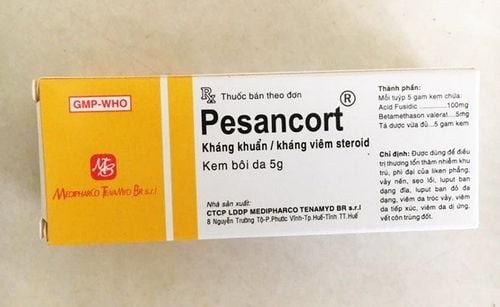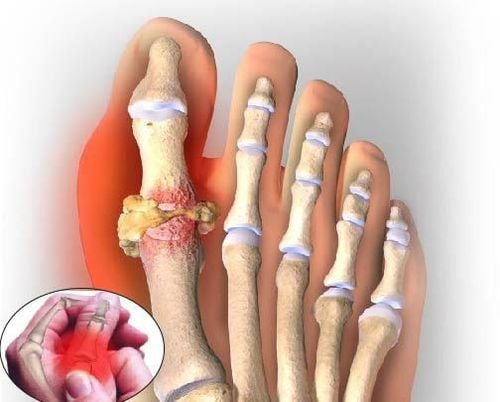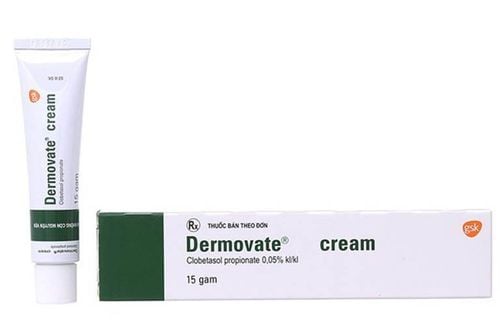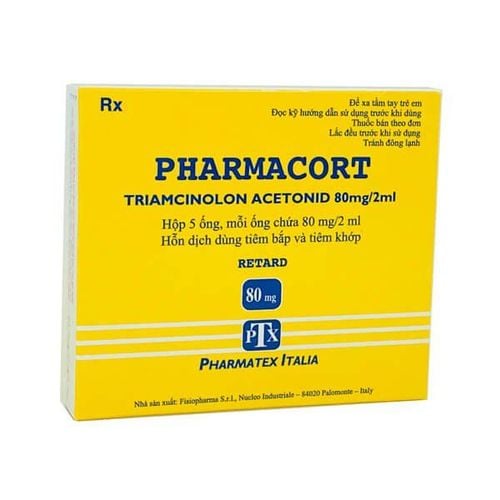This is an automatically translated article.
This article is professionally consulted by Master, Doctor Le Duong Tien - General Internal Medicine Doctor - Department of Medical Examination & Internal Medicine - Vinmec Danang International General Hospital. Doctor Tien has many years of experience in musculoskeletal medicine.Psoriatic arthritis is a disease that affects many organs in the body. Currently, there are only symptomatic treatments for the disease, but there is no definitive cure. Therefore, the disease has a high recurrence rate. Therefore, it is necessary to monitor and re-examine psoriatic arthritis periodically to control the disease and avoid complications.
1. An overview of psoriatic arthritis
Psoriatic arthritis is an inflammatory condition of the joints related to psoriasis. According to the survey, the rate of psoriatic arthritis occurs in 10 - 30% of patients with psoriasis. The disease is chronic, progressive in stages, can lead to bone and joint damage, disability or joint destruction, loss of movement function.To date, the pathogenesis of psoriatic arthritis is still unknown. Studies show that there are 3 factors affecting the pathogenesis, namely genetics, immunity and environment.
Symptoms of psoriatic arthritis include:
Arthritis: There are many different types such as oligoarthritis (mainly large joints), symmetrical peripheral arthritis, severe deforming peripheral arthritis , form of arthritis of the distal intervertebral joints, form of axial arthritis (joints of the pelvis and spine); Other manifestations on muscles - bones - joints: Achilles tendonitis, tendonitis, signs of flexed fingers or toes; Skin manifestations: Psoriasis, pustular psoriasis, erythema, granulomatous or patchy psoriasis; Other manifestations: Uveitis, conjunctivitis, heart valve disease, damage to fingernails, toenails,... The treatment of psoriatic arthritis includes the treatment of skin psoriasis and the treatment of arthritis. The doctor will depend on the actual situation to prescribe the right medication for each patient. The disease has a severe prognosis if the disease is damaged by many peripheral joints (such as knee, hip), the patient is young, has extra-articular manifestations or abuses corticosteroids.
If the treatment of peripheral arthritis is not correct or not timely, the patient can develop ankylosing spondylitis in poor posture, especially the hip and knee joints, which can be disabled from a very young age.
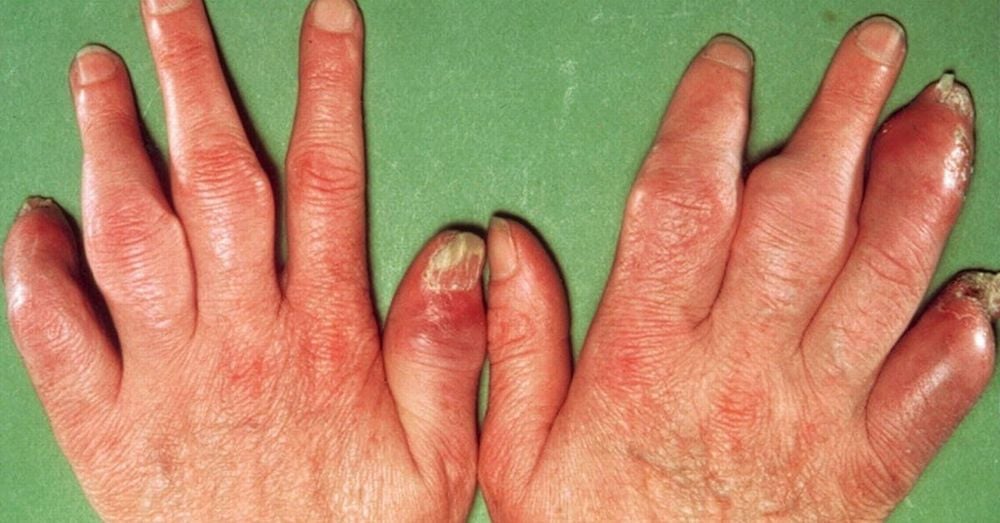
2. Monitoring psoriatic arthritis
Patients must be actively treated, closely monitored throughout the treatment process; Periodically perform tests such as: Peripheral blood cells, Creatinin, erythrocyte sedimentation rate, SGOT, SGPT every 2 weeks for the first 1 month, once a month for the first 3 months, then every 3 month/time; Perform unexpected blood tests or chest X-rays when necessary to monitor the progress of the disease; Compliance with treatment, regular follow-up visits so that the doctor can monitor the progress of the disease, evaluate and adjust the medicine accordingly. Patients absolutely must not quit treatment or self-medicate with drugs not recommended by the doctor.3. Measures to limit the progression of psoriatic arthritis
In addition to applying appropriate treatment, monitoring and preventing recurrence of psoriatic arthritis, patients also need to pay attention to the following:Change eating and living habits, change the way you do it daily tasks to have less impact on joints, contribute to protecting joints; Exercise regularly to help keep joints flexible and supple. You can apply cold or hot compresses to the inflamed joint to help reduce swelling and pain; Keep your body weight at an appropriate level by eating lots of green vegetables and fresh fruits, limiting starches and foods high in fat. This helps relieve pressure on joints, especially painful joints; Practice yoga, meditation,... to give your body a comfortable, happy mood and avoid stress.

Vinmec International General Hospital is one of the hospitals that not only ensures professional quality with a team of leading medical doctors, modern equipment and technology, but also stands out for its examination and consultation services. comprehensive and professional medical consultation and treatment; civilized, polite, safe and sterile medical examination and treatment space. Customers when choosing to perform tests and treat diseases here can be completely assured of the accuracy and high efficiency in the treatment process.
Please dial HOTLINE for more information or register for an appointment HERE. Download MyVinmec app to make appointments faster and to manage your bookings easily.





